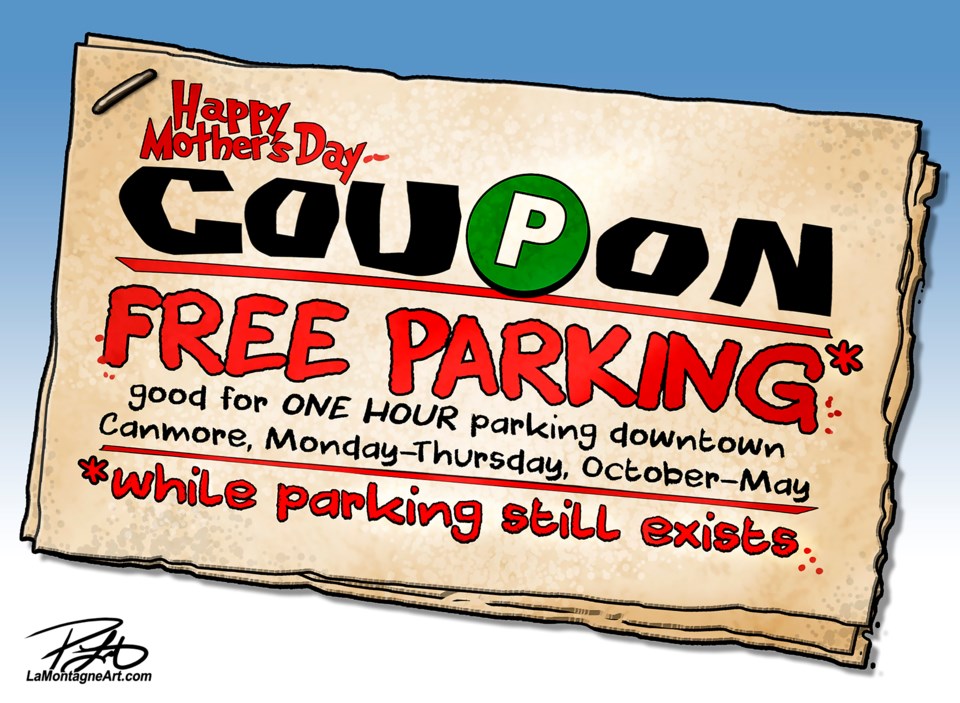As we get more distant from key moments in our history and fewer people with firsthand experience live, the act of commemoration can change and evolve.
As the 80th anniversary of Victory in Europe Day – VE Day – arrives on May 8, the memory of the Second World War can take on a different meaning.
Now, several generations removed, the act of remembrance and memorialization can be as much an individualistic endeavour as it can be for a group of people.
Though much has been written and studied on the topic, the world we live in – economically, socially and culturally – is derived from the immediate aftermath of the Second World War and the world those who survived it created in the subsequent years and decades.
While each nation experienced its own post-war reality, with much of Europe recovering for years from the struggle that left much of the landscape devastated, Canada entered a golden age.
Returning from Europe, Canadians experienced a prosperity never before seen in the young nation’s history. Key public policies and a centralized federal government led to improved access to housing, social welfare, healthcare and economic stability.
The impact of the experiences of war led many to want a different world than the one that existed before it began.
But to get those, it came after painfully violent experiences related to nearly six years of war.
Though the majority of people who lived through the war may not have seen combat – with life in many ways continuing as normal – many sacrificed or lost in some capacity, with the war touching nearly all regions of the world.
The war itself is a monumental era in not only the 20th Century, but also human history.
While hundreds of battles took place across the Russian Steppe, the Atlantic Ocean, the skies of Europe, Normandy, eastern Europe and infinitely more dotted the landscape, it was the human sacrifice and pain that endeared in memory.
The human loss in the Second World War is catastrophic and nearly immeasurable to fully comprehend.
In its entirety, the Second World War led to the death of about 75 million people. The bulk of them, however, were civilians killed by way of genocide, massacre, disease and starvation as hundreds of towns, villages and communities such as Oradour-sur-Glane, Koriukivka, Lidice, Ležáky and Ivanci were purposefully wiped off the map.
During the war, mainland Europe saw millions of people forcibly moved largely based on race, while German settlers aimed to colonize parts of eastern Europe. In the years after the war, millions more continued to be forcibly moved as borders were once again redrawn.
For an empire that claimed to have a destiny that it would last 1,000 years, Germany was shattered in a little more than 12 years, going out with a whimper and trail of devastation, with its racist ideals largely defended by young teenagers and old men when unconditional surrender was mercifully declared.
In what was a cataclysmic six years, it was followed by a mammoth effort to not only rebuild but push ahead with war crimes trials to bring a measure of justice. In the subsequent years after the war, social, economic and cultural change took place across many countries, particularly in Canada, as returning soldiers sought a better life.
Those changes stem from the Second World War, with it being a war worth fighting for and one that had to be fought.
History can often be seen as a guide to our past, providing lessons a society can learn from as it looks to grow and educate itself on past mistakes.
It’s important to understand our past to appreciate where we’re going, how we got to where we are, and the struggles we experienced and successes we have achieved.
Now 80 years removed, VE Day is one such symbol.




